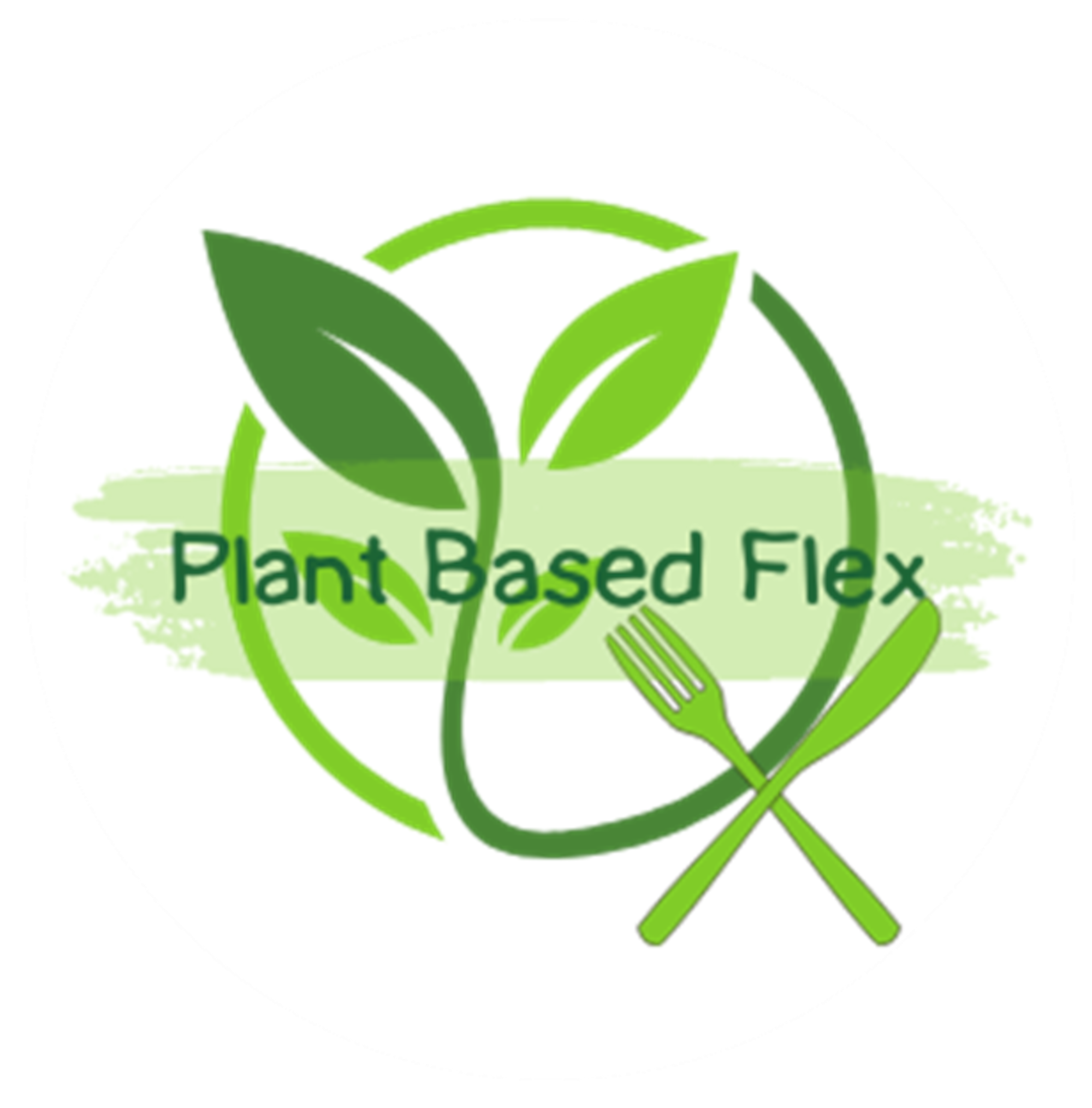The Power of Food Selection
In a world where dietary choices impact not only our well-being but also the environment, the plant-based flexitarian diet has emerged as a sustainable and health-conscious solution.

The Power of Food Selection: Exploring the Plant-Based Flexitarian Diet for a Healthier You
In a world where dietary choices impact not only our well-being but also the environment, the plant-based flexitarian diet has emerged as a sustainable and health-conscious solution. By focusing on strategic food selection, this flexible approach offers a range of benefits that support a healthier lifestyle. In this article, we will explore the power of food selection and delve into the plant-based flexitarian diet, providing you with reliable sources, recommendations, and delicious recipes to kick-start your journey.
1. What is the Plant-Based Flexitarian Diet?
- Definition: The plant-based flexitarian diet combines the principles of plant-based eating with occasional inclusion of animal products.
- Benefits: Enhances overall health, reduces environmental impact, promotes weight management, and supports animal welfare.
- Reliable sources: Cite scientific studies, nutritionists, registered dietitians, and reputable health organizations.
2. Strategic Food Selection: Key Factors to Consider
- Incorporating More Plants: Explore a wide variety of fruits, vegetables, legumes, whole grains, nuts, and seeds.
- Minimizing Animal Products: Choose high-quality, sustainably sourced animal products for occasional inclusion.
- Organic and Locally Sourced Foods: Opt for organic produce and support local farmers for a healthier and more sustainable food system.
- Minimally Processed Foods: Avoid heavily processed foods and focus on whole, nutrient-dense ingredients.
- Reliable sources: Include references to expert advice, nutrition websites, and academic research.
3. Plant-Based Flexitarian Recipes for Inspiration
- Breakfast: Avocado toast with sprouted grain bread, topped with cherry tomatoes and a sprinkle of chia seeds.
- Lunch: Quinoa salad with roasted vegetables, chickpeas, and a drizzle of lemon tahini dressing.
- Dinner: Lentil and vegetable stir-fry served with brown rice.
- Reliable sources: Mention popular plant-based recipe websites, reputable cookbooks, and culinary influencers.
4. Recommendations for a Successful Transition
- Gradual Approach: Start by incorporating more plant-based meals into your diet, gradually reducing animal product consumption.
- Meal Planning: Plan your meals in advance to ensure a balanced and diverse diet.
- Seeking Support: Join online communities, connect with like-minded individuals, and share your experiences.
- Reliable sources: Reference health and wellness blogs, support groups, and relevant social media accounts.
Conclusion:
By adopting the plant-based flexitarian diet and strategically selecting your foods, you can embark on a journey towards better health, sustainable living, and ethical choices. Remember to consult with healthcare professionals and registered dietitians to ensure your dietary needs are met. Start small, explore delicious plant-based recipes, and enjoy the positive impact of food selection on your well-being and the world around you.

Sources:
- Plant-Based Nutrition: Health Benefits and Advantages. (Source: American Journal of Lifestyle Medicine)
- Flexitarian Diet: A Detailed Beginner's Guide and Meal Plan. (Source: Healthline)
- The Environmental Impact of a Plant-Based Diet. (Source: ScienceDirect)
- The Importance of Local Food Systems: A Comprehensive Literature Review. (Source: Journal of Sustainable Agriculture)
- Deliciously Ella: Plant-Based Recipes. (Source: deliciouslyella.com)
- Forks Over Knives: Plant-Based Cooking. (Source: forksoverknives.com)
Note: Ensure to check the accuracy and relevance of the sources as they are subject to change over time.
#plantbased #flexitarian #foodselection #healthyrecipes #wellnessjourney #balanceddiet
